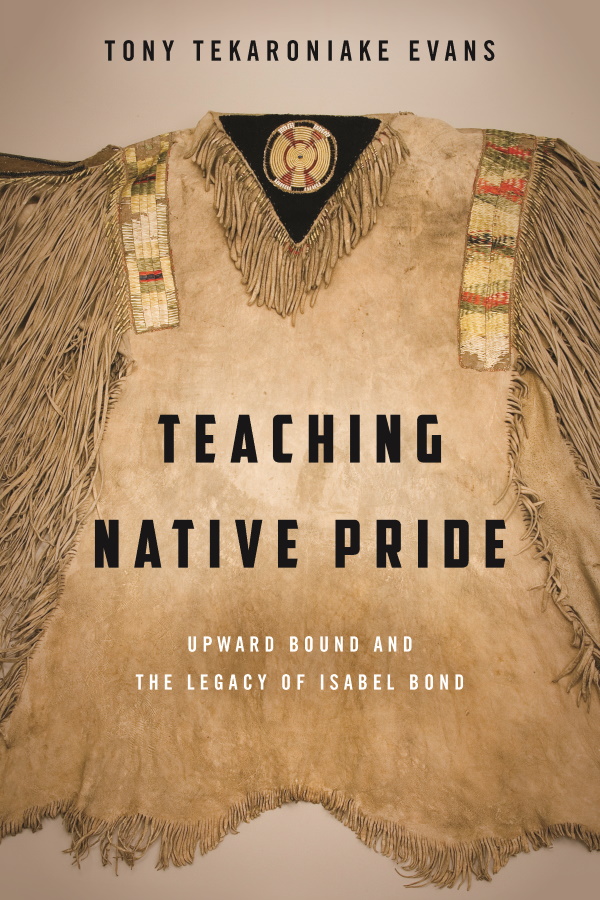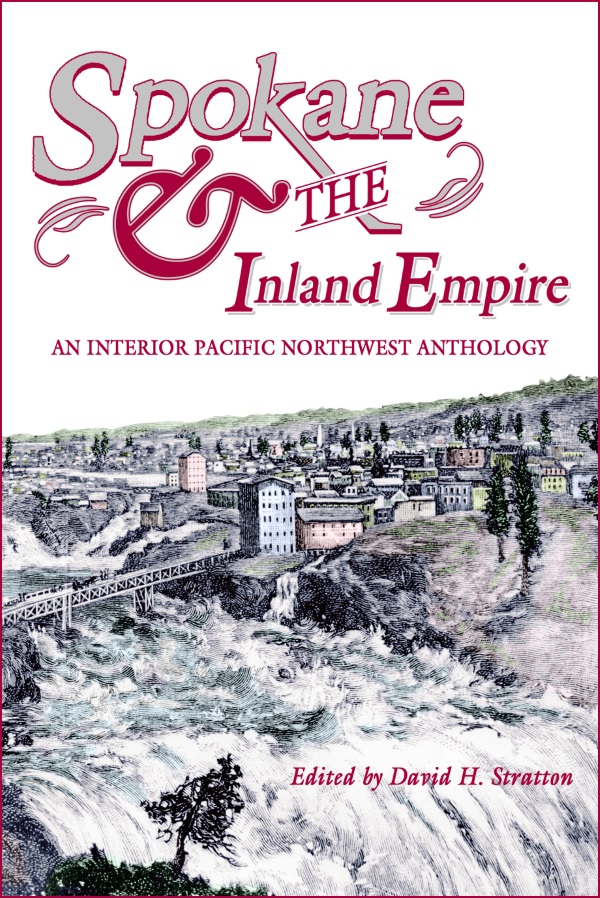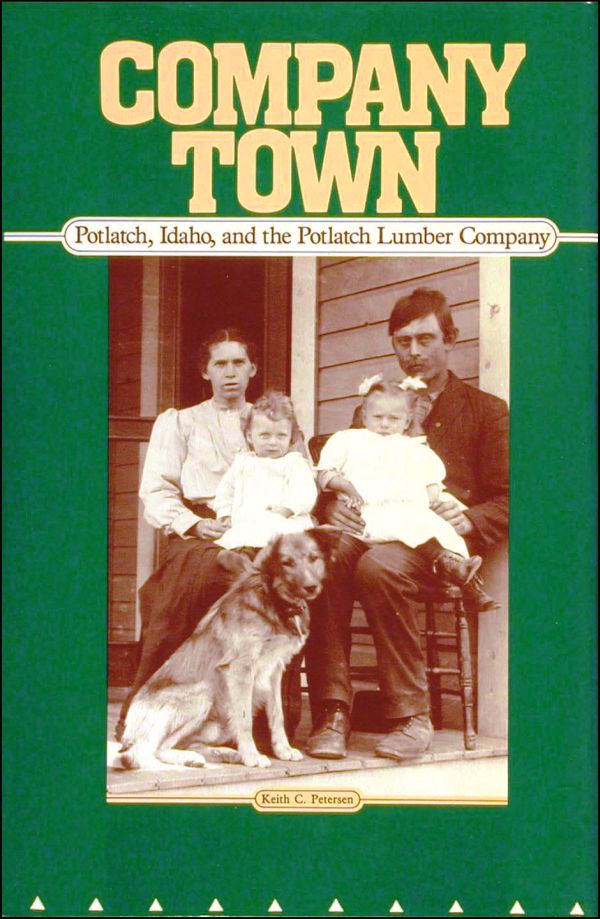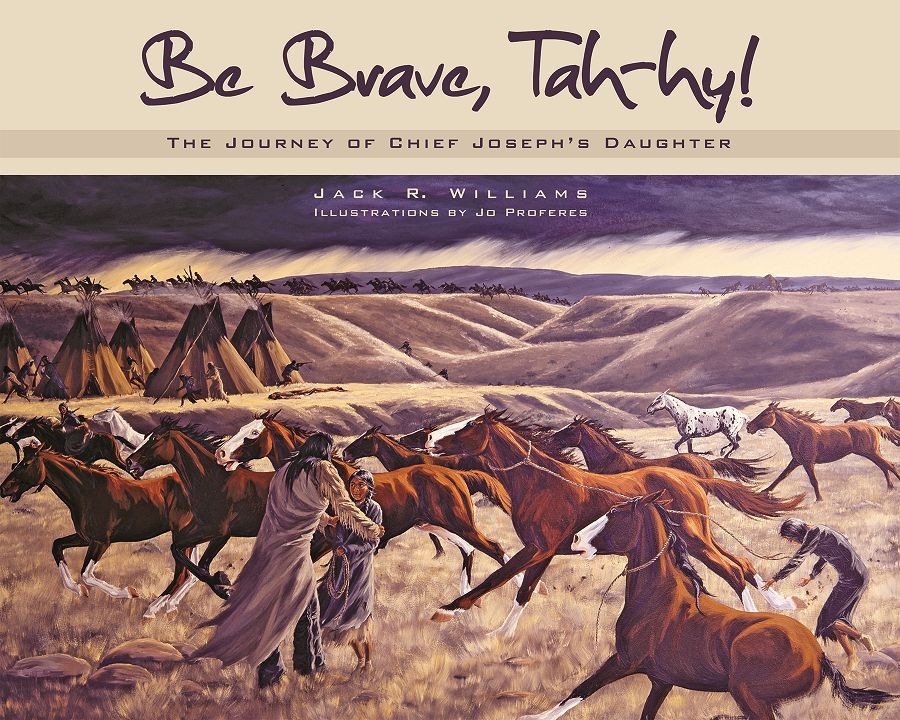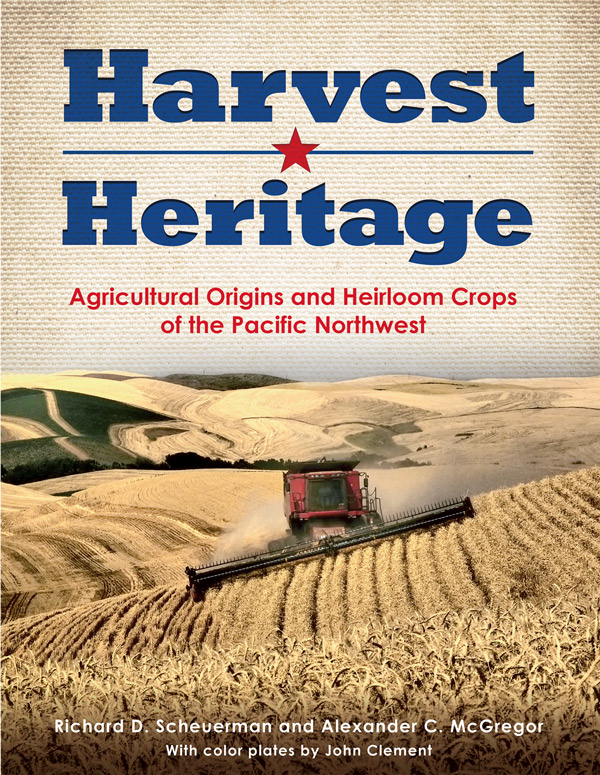Description
Based on more than thirty interviews with students and staff, Teaching Native Pride employs both Native and non-Native voices to tell the story of the University of Idaho’s Upward Bound program. Their personal anecdotes and memories intertwine with accounts of the program’s inception and goals, as well as regional tribal history and Isabel Bond’s Idaho family history.
A federally sponsored program dedicated to helping low-income and at-risk students attend college, Upward Bound came to Moscow, Idaho, in 1969. Isabel Bond became director in the early 1970s and led the program there for more than three decades. Those who enrolled in the experimental initiative—part of Lyndon B. Johnson’s War on Poverty—were required to live within a 200-mile radius and be the first in their family to pursue a college degree. Living on the University of Idaho campus each summer, they received six weeks of intensive instruction in mathematics, laboratory sciences, composition, literature, foreign languages, and study skills.
Recognizing that most participants came from nearby Nez Perce and Coeur d’Alene communities, Bond and her teachers designed a curriculum that celebrated and incorporated their Native American heritage—one that offers insights for educators today. Many of the young people they taught overcame significant personal and academic challenges to earn college degrees. Native students broke cycles of poverty, isolation, and disenfranchisement that arose from a legacy of colonial conquest, and non-Indians gained a new respect for Idaho’s first peoples. Today, Upward Bounders serve as teachers, community leaders, entrepreneurs, and social workers, bringing positive change to future generations.
“It was a very different time back then. Non-natives received white lunch tickets, but native students received green lunch tickets with INDIAN written on them. My brothers were told they could not date white girls. I think because of the racism that existed on the reservations we were continuously reminded that we were different. We internalized this idea that we were less than white kids, that we were not as capable. Even today there are low expectations for native students,” says Chris Meyer, part of Upward Bound’s inaugural group and the first Coeur d’Alene tribal member to receive a Ph.D. She now oversees the tribe’s Department of Education.
Listen to an interview with the author on New Books Network.
What readers are saying:
“This book is about an extraordinary person who took time away from her life and her own family to help others…She put her time, effort, and even her personal resources on the line to make sure those around her had an opportunity to better their lives…I am grateful that she cared enough to make a difference in my life.”—From the Preface by Bill Picard, Vice Chairman of the Nez Perce Nation Executive Council
“This book offers a model of what to “do” with history, how to use history to heal young people’s alienation from the riches of their own heritage.”—Kim Stafford, author of 100 Tricks Every Boy Can Do: How My Brother Disappeared
“Not only does Evans demonstrate a great competency for interviewing so many diverse individuals, but of bringing their voices to center-stage…he is a beautiful writer and wordsmith, with great command of the descriptive scenes he provides, weaving together personal narratives, Program history, and Native experiences and expressions. It is a great blend.”—Rodney Frey, author of Carry Forth the Stories: An Ethnographer’s Journey into Native Oral Tradition
Tony Tekaroniake Evans is an enrolled Bear Clan member of the Kahnawake Mohawks of Quebec, and an award-winning journalist.
Read more of his writing on Native Americans for the History Channel and The Idaho Mountain Express:
How Mohawk ‘Skywalkers’ Helped Build New York City’s Tallest Buildings
Shoshone-Bannock Tribes mark milestone in sockeye recovery efforts at Pettit Lake
Indigenous groups call for salmon protection and treaty ratification at Shoshone Falls
Illustrations / notes / index / 6″ x 9″ / 240 pages (2021)
ISBN 978-0-87422-379-8 Paperback

